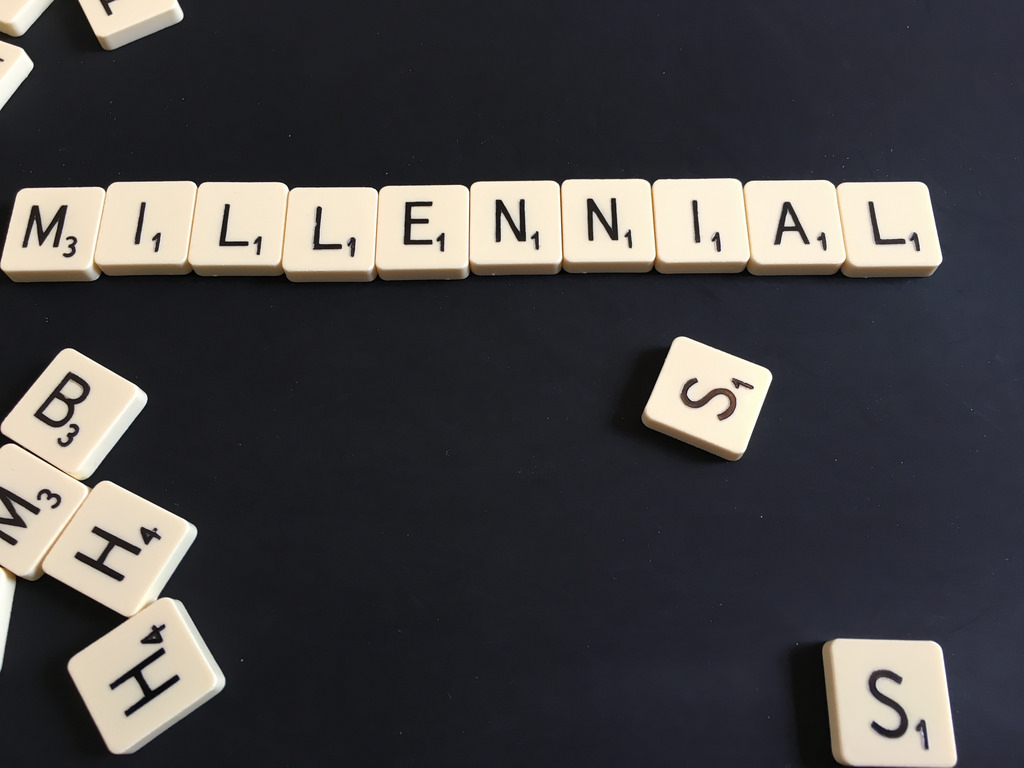Several years ago, I experienced my first case of age discrimination. My son and colleague invited me to assist him in a large sales presentation. This tech firm was looking to move about 100 people into new offices. As we sat waiting to make the presentation, a young woman came in by herself to start the meeting. My first question I asked her was, “Who will be the decision maker managing this move?”. She responded that she would be. My next question was about how long she had been with the firm, and she responded, “Three weeks.” I then asked her if she had ever moved an office before. She said, “No.”
At this stage, I knew I had to be very careful on how we delivered our presentation. I did not want to appear as though I was lecturing her on the market, much like a father would. Rather, I wanted to be perceived as her partner in the process and provide her with strategic direction based on our expertise. She indicated that she was looking for 10,000 square feet in total space at a price that was at least 20 percent below market. She also wanted an office in the most competitive blocks of San Francisco.
I tried to carefully explain to her the guidelines of how much space she would need for the number of employees they have and plan to have, as well as set expectations on the rent they should expect to pay. It did not take long before she began to ignore me and turned the whole conversation to my son (who was in his twenties at the time) to answer.
By the end of the meeting, we knew we didn’t win the business. My son looked at me as we were walking out and said, “Dad, you really blew that one.”
The prospect ended up hiring a rookie agent with no experience who took the amount of square footage I had recommended at a rent that was at-market rate in an area very different than what she was originally wanting.
As a “Baby Boomer” and much like any generation, we feel we know more than the previous generation and certainly question their way of doing things.
However, when we were younger, we also knew and respected that experience mattered. We looked up to people in the business, particularly in our own line of work who had achieved great success over their careers. We wanted to become just like them. There was respect and also trust in our older colleagues. We felt we could introduce things to improve the status quo.
In my eyes, I see today’s generation wanting to be disrupters, and blow up what we’ve been doing to start with an entirely new concept.
Starting out in my career, I was always trying to improve the situation and educate a potential client. Instead, this particular prospect was not looking to be educated. She was looking for someone to find exactly what she requested.
I’m sure the agent she had hired showed her spaces she was looking for, and his or her superiors at the firm decided to look into alternatives that better suited her needs.
In the end, I was wrong in not properly handling the situation. I should have realized my audience and showed her the spaces she was looking for, let her come to the conclusion that perhaps it wasn’t the best fit, and then direct her to alterative properties.
The challenge for salespeople today is that with all the data, product, and service information available at anyone’s finger tips––what are we going to do to continue to exist and be of value?
We as salespeople need to become the “trusted advisors.” We cannot rely strictly on information anymore. We need to take the information we have and create a strategy to survive. This is something, at least for now, that technology can’t do quite as well yet. The real question/challenge is––will the Millennial generation allow Baby Boomers to advise? Or will they just ignore us?




